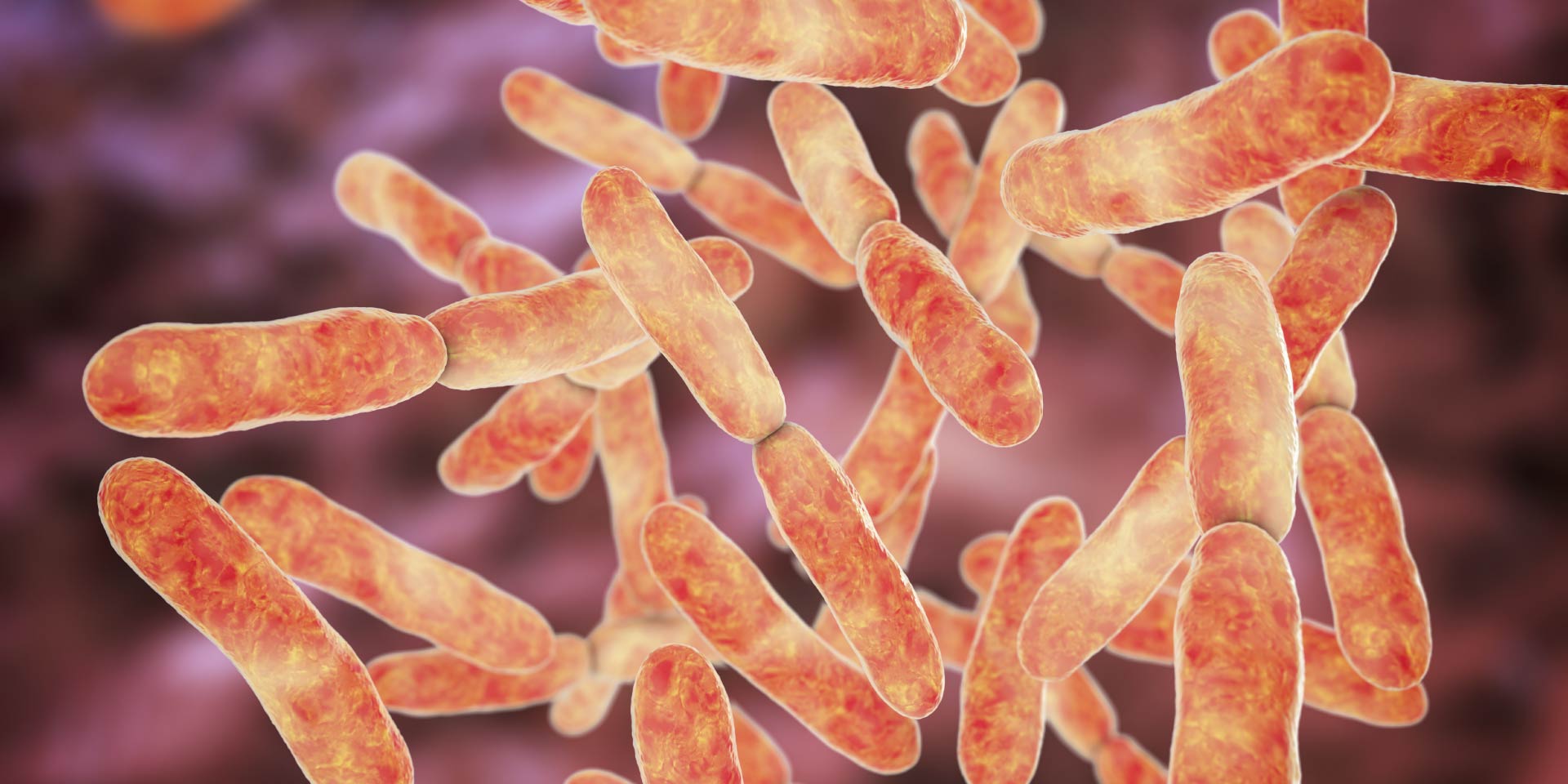• Biofilm formation
• Immune response
What is already known on this topic
Several studies have suggested that probiotics such as Lactobacillus and Bifidobacterium can activate a person’s immune system and improve the response to some anti-cancer therapies. But probiotics administration through the mouth is inefficient, and fecal microbiota transplants often pose infection risks.What this research adds
Researchers have found that smectite, a drug commonly used for treating gastrointestinal conditions such as diarrhea, can promote the formation of lactic acid bacteria biofilms, which help these microorganisms colonize the intestinal tract. In mice, increased levels of probiotics in the gut enhanced the animals’ immune responses, inhibiting tumor growth and improving the anti-cancer activity of specific therapies.Conclusion
The findings could lead to the development of effective and safe approaches to promote probiotic colonization of the gut and improve cancer treatments.
Probiotics such as Lactobacillus and Bifidobacterium can activate a person’s immune system and improve the response to some anti-cancer therapies, but they’re often difficult to administer. Now, researchers have found that a drug commonly used for treating gastrointestinal conditions can promote the formation of lactic acid bacteria biofilms, which help these microorganisms colonize the intestinal tract. In mice, increased levels of probiotics in the gut improved the animals’ response to anti-cancer therapies.
The findings, published in Cell Reports, could lead to the development of effective and safe approaches to promote probiotic colonization of the gut and improve cancer treatments.
Administering probiotics through the mouth has proved inefficient, and fecal microbiota transplants often pose infection risks to recipients. In search for better strategies to deliver probiotics to the gut, researchers led by Junfeng Zhang and Lei Dong at Nanjing University and Chunming Wang at the University of Macau turned to smectite, a type of silicate clay that can adhere to tissues and has been used for decades as an antidiarrheal drug.
Biofilm formation
First, the researchers treated mice with smectite and then looked at the animals’ gut microbiota. Smectite treatment increased the gut levels of Firmicutes as well as probiotic bacteria such as Lactobacillus and Bifidobacterium. Further experiments showed that Lactobacillus and Bifidobacterium formed biofilms on the surface of smectite — that’s because of the material’s positively charged surface, which facilitates the adhesion of bacteria whose cell walls contain negatively charged molecules.
The team then looked at the anti-tumor effects of smectite in mice. Increased levels of probiotics in the gut enhanced the animals’ immune responses, inhibiting tumor growth and improving the anti-cancer activity of specific therapies.
Next, the researchers set out to build tiny spheres made of smectite and Lactobacillus biofilms. Feeding these microspheres to a mouse model of skin cancer had increased anti-tumor effects compared to smectite or Lactobacillus bacteria alone.
Immune response
The team found that the smectite-Lactobacillus microspheres could stimulate the maturation of specific immune cells, which in turned increased the proliferation of cancer-killing cells and the expression of inflammatory molecules.
The researchers also used the microspheres in combination with two common anti-cancer therapies: chemotherapy and immunotherapy. In mice, the combination of microspheres with either therapy had higher anti-tumor efficacy than microspheres, chemotherapy, or immunotherapy alone.
Because smectite has been used for decades in many countries, its safety data should be readily available, and this could accelerate the drug’s translation for anti-cancer purposes, the researchers say. This gut microbiota-based approach, they say, “may have immediate translational potential for cancer immunotherapy.











